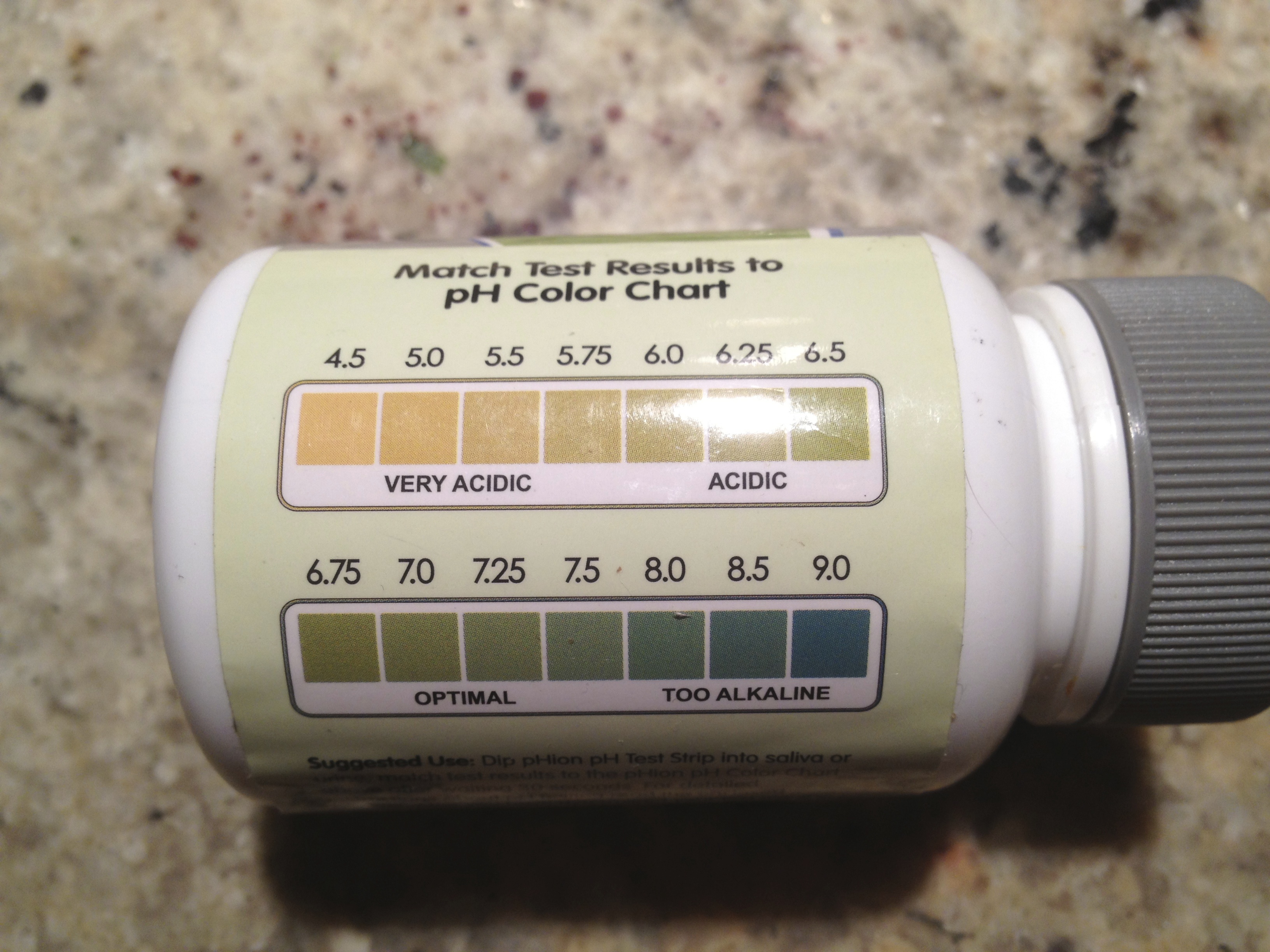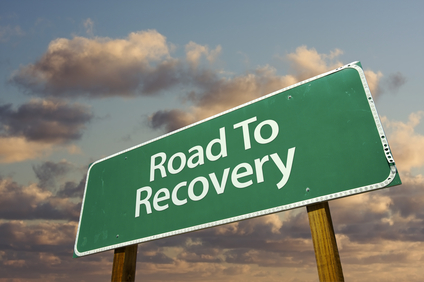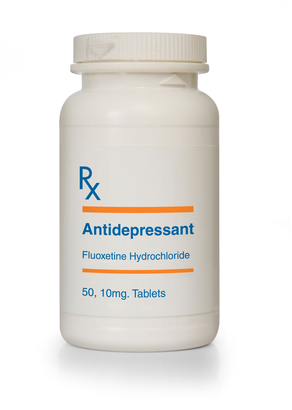I think a lot of people underestimate the emotional stress impact on health. Stressful emotions like anger, frustration and hopelessness can cause immune dysfunction and inflammation.
I experienced the effects of this personally a few years ago when I no longer had help for my two young sons, the older of whose Sensory Processing Disorder became severe because he was so stressed at having to share me with his baby brother.
My older son’s constant, and I mean non-stop, crying and screaming sent me over the edge. I couldn’t deal with the fact that no matter what I did, he couldn’t be consoled. That’s when I really began to know that there really was something wrong with him; he wasn’t just having normal tantrums.
The frustration of not being able to help him left me feeling rather hopeless, and it was made worse by the fact that no one I knew had a child going through this.
That’s when I developed severe irritability, middle-of-the-night insomnia, shingles (twice), bronchitis, recurrent infections, a case of poison ivy so bad I needed steroids (or thought I did at the time; now I know better), irregular cycles, severe adrenal fatigue, ovarian cysts and uterine fibroids, all within the space of a year or so.
Yes, stress can really do a number on your health!
The good thing is that I’ve learned how to overcome these health challenges and get my health back, but I will tell you that stress can cause all of these problems and more because it causes a constant “fight or flight” feeling that screws up your hormones, causes inflammation and leads to severe nutritional deficiencies and immune dysregulation.
I recently read the book “Healing the Gerson Way: Defeating Cancer and Other Chronic Diseases”, and there was an interesting point made in there: that typically, but not always, there is an extremely stressful event that occurs in a person’s life 18-24 months before they develop cancer.
I can think of a real-life example of that in a woman I know who recently developed breast cancer. A couple of years ago, her house burned down, and she lost everything. Although her family built a gorgeous new house, that was still a lot of stress for her to go through.
The more I learn about health, the more I understand that it’s not just about eating whole foods, although that plays a primary role in maintaining and/or recovering health: Health is also about having the tools to cope with emotional stressors in our lives, whether that’s having a strong support network, a spiritual and/or meditation practice, exercise and a purpose in life.

 pH testing is an easy way to determine your level of health. I’ve got some
pH testing is an easy way to determine your level of health. I’ve got some  You may or may not know my personal recovery story. I have recovered my 2 sons, now ages 5 and 7, from sensory processing disorder (SPD), asthma, allergies, acid reflux and eczema with a biomedical approach, which means correcting nutritional and hormonal deficiencies, removing toxicities and correcting gut dysbiosis.
You may or may not know my personal recovery story. I have recovered my 2 sons, now ages 5 and 7, from sensory processing disorder (SPD), asthma, allergies, acid reflux and eczema with a biomedical approach, which means correcting nutritional and hormonal deficiencies, removing toxicities and correcting gut dysbiosis. My husband bought me a copy of Gwyneth Paltrow’s cookbook, “
My husband bought me a copy of Gwyneth Paltrow’s cookbook, “ I was outside gardening today, pulling out strings of poison ivy vines, and I thought about how I had a nasty rash of poison ivy a few years ago.
I was outside gardening today, pulling out strings of poison ivy vines, and I thought about how I had a nasty rash of poison ivy a few years ago. I became severely stressed when I began taking care of my two boys without any help because that’s when my older son’s sensory issues and “fight, fright or flight” issues really kicked in.
I became severely stressed when I began taking care of my two boys without any help because that’s when my older son’s sensory issues and “fight, fright or flight” issues really kicked in.  Having a son with a developmental delay was very hard on me. He didn’t walk until he was 20 months old.
Having a son with a developmental delay was very hard on me. He didn’t walk until he was 20 months old. My older son with sensory processing disorder (SPD) benefited greatly from going to a land-based occupational therapist (OT) for six months. I asked her what we should do about him learning to swim, given that he had such a bad experience with it when he was 2 years old.
My older son with sensory processing disorder (SPD) benefited greatly from going to a land-based occupational therapist (OT) for six months. I asked her what we should do about him learning to swim, given that he had such a bad experience with it when he was 2 years old.


